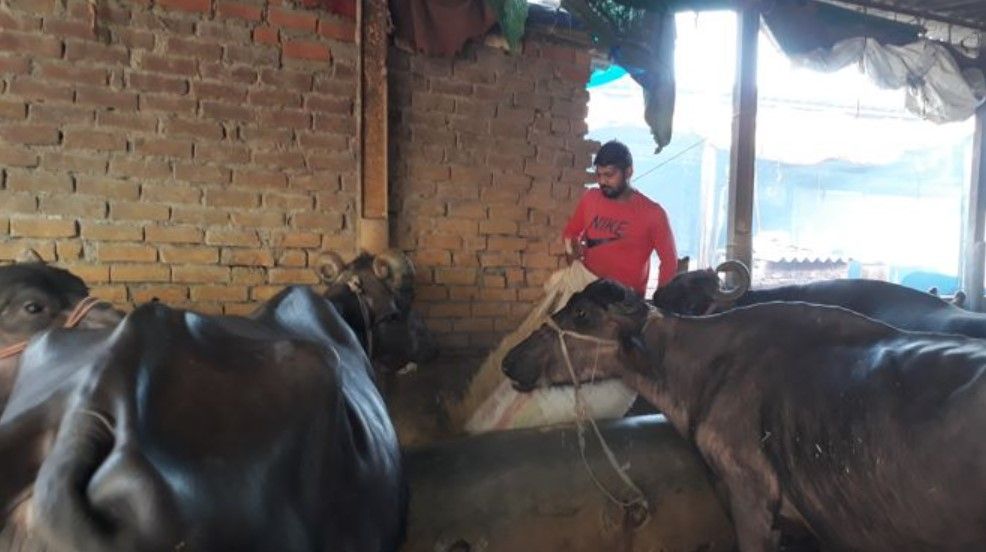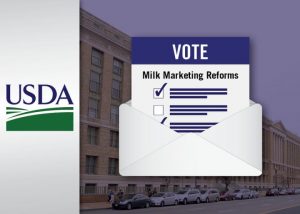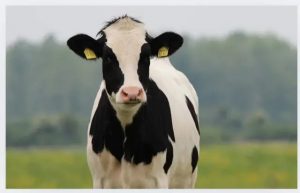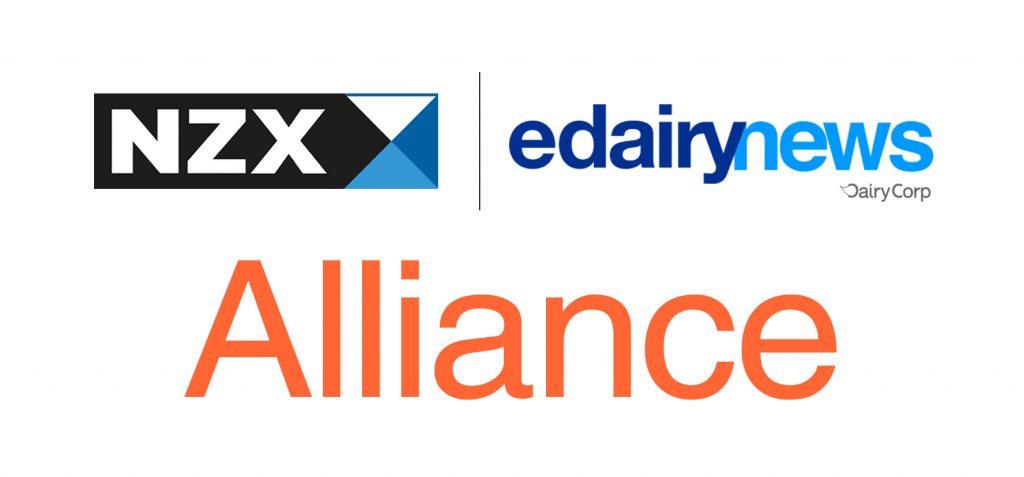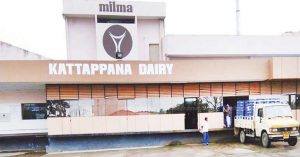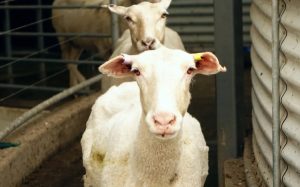People involved in the dairy business claimed that the price of dry fodder has doubled from Rs 400 to 800 a quintal, while the cattle feed prices were also increasing continuously.
“We are in no position to increase the price of milk in the same proportion due to competition,” dairy business owners said.
Feed prices rising
The prices of feed are increasing continuously, but milk prices can’t be increased in the same proportion as customers will shift to packaged milk. We have been in this business for ages and can’t even drop it. —Govind Ram, Dairy operator in Ambala Cantt
Production to go down
Dairy operators are finding it hard to keep businesses afloat. The input cost has increased sharply over the last year. The production is also set to decrease by 15-20%. The milk supply has also become expensive due to fuel rates. —Hira Lal Yadav, President, Gawal sabha
Replace ‘Tudi’
The prices of dry fodder and cattle feed have been on the higher side and it will definitely increase the input cost. We are suggesting dairy farmers to replace ‘tudi’ with ‘parali’ as it can be procured at cheaper rates. —Dr Prem Singh, Deputy Director Animal Husbandry Dept, Ambala
Rishi Pal, president of a dairy complex, said: “Last year, dry fodder was available for Rs 350-400 a quintal. This year, it has increased to Rs 700-800 a quintal. We have even procured it for Rs 1,100 a quintal earlier this year. The prices will increase further. Similarly, the prices of feed bags have also increased from Rs 1,200 to Rs 2,150 for a 49-kg bag. Earlier, the bag used to weigh 50 kg. The diet cost of the cattle has increased sharply.”
Govind Ram, a dairy operator in Ambala Cantonment, said: “The prices of feed are increasing continuously, but milk prices can’t be increased in the same proportion as customers will shift to packaged milk. We have been in this business for ages and can’t even drop it.”
Rajiv Sharma, another dairy operator, said: “Lower availability of dry fodder has pushed the prices up. Since we have our own farms, we are not facing issues in getting green fodder. But those running business in the city have to spend for green fodder too.”
Hira Lal Yadav, president of Gawal Sabha, said: “Dairy operators are finding it hard to keep businesses afloat. The input cost has increased sharply over the last year, but there is no other alternative. The production is also set to decrease by 15-20 per cent due to rising temperature. The milk supply has also become expensive due to rising fuel prices.”
“For the first time, we have requested the Haryana Government to extend some support to dairy business and have submitted a memorandum for the Chief Minister. We have requested the government to provide some subsidy on cattle feed, procure cow dung from dairies and prepare fertiliser and other products, and abolish market fee,” he added.
Dr Prem Singh, Deputy Director Animal Husbandry Department, Ambala, said: “The prices of dry fodder and cattle feed have been on the higher side and it will definitely increase the input cost. We are recommending the dairy farmers to replace ‘tudi’ with ‘parali’ as it can be procured at cheaper rates compared to ‘tudi’.”

